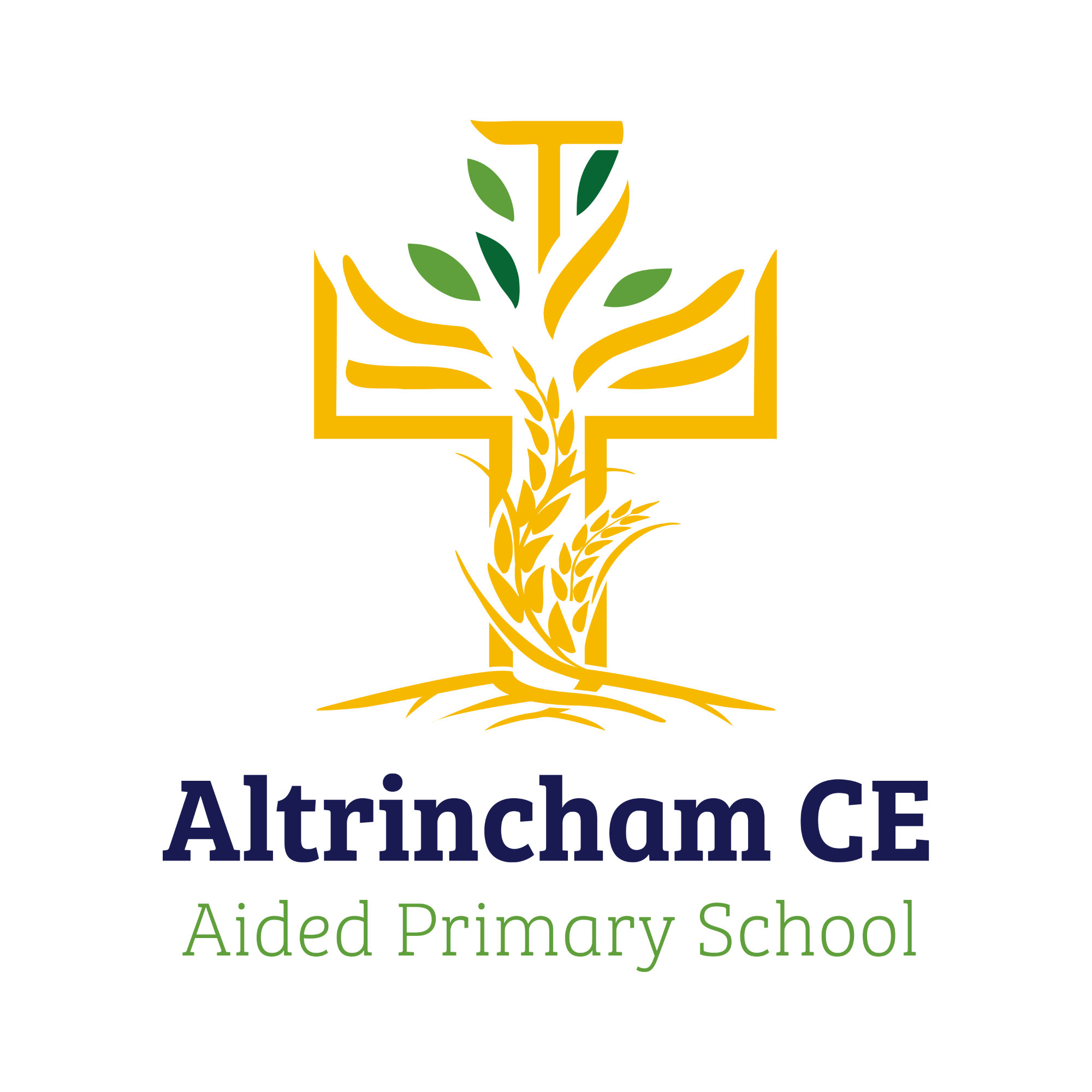Science
At ACE, we recognise the importance of all pupils being taught essential knowledge, methods, processes and uses of science within the foundations of biology, physics and chemistry. Children immerse themselves in a rich scientific vocabulary and broad concepts, promoting a deeper, conceptual understanding.
As pupils progress, they are enabled to recognise the power of rational explanation as well as developing a sense of excitement and curiosity about natural phenomena.
Scientific knowledge, understanding and skills provide the frameworks for explaining what is occurring, predicting how things will behave and analyse causes. Our children are encouraged to ask questions and discover answers.
Aims (desired outcomes)
- Thinking independently and raising questions about working scientifically and understanding the knowledge and skills that questioning brings.
- Confidence and competence in the full range of practical skills, taking the initiative in, for example, planning and carrying out scientific investigations.
- Excellent scientific knowledge and understanding which is demonstrated in written and verbal explanations, solving challenging problems and reporting scientific findings.
- High levels of originality, imagination and innovation in the application of skills.
- Undertaking practical work in a variety of context, including fieldwork.
- A passion for science and its application in past, present and future technologies.
- Utilising opportunities outside the classroom including home learning and real life experiences to enrich experiences and to learn about science in an active and creative way.
- Ensure learning without limits, making cross-curricular links to secure application and mastery
- Ensure continuity and progression across key stages, recognising science as an enquiry with a focus on skills and deepening knowledge and understanding, supported by robust assessment.
- Encourage inference, the ability to use high-order vocabulary, questioning, curiosity and communication.
- Understand key scientific threshold concepts and use them to make connections, draw contrasts and analyse causes.
These threshold concepts ensure coverage of the key scientific concepts laid down in the National Curriculum:
The science curriculum at ACE is carefully planned and structured to ensure that current learning is linked to previous learning and the school’s approaches are informed by current pedagogy.
THRESHOLD CONCEPTS
- Working scientifically –the understanding of the nature, processes and methods of science.
Biology
- Understanding plants - becoming familiar with different types of plants, their structure and reproduction.
- Understanding animals and humans – understanding the needs of animals for survival as well as the processes of reproduction and growth.
- Investigating living things - becoming familiar with a wide range of living things, including insects and understanding life processes.
- Understanding evolution and inheritance - understanding that organisms come into existence, adapt, change and evolve and become extinct
Chemistry
- Investigating materials - Becoming familiar with a range of materials, their properties, uses and how they may be altered or changed.
Physics
- Understanding movement, forces and magnets - Understanding what causes motion.
- Understanding light and seeing - Understanding how light and reflection affect sight.
- Investigating sound and hearing - Understanding how sound is produced and how it travels and how it is heard.
- Understanding electrical circuits - Understanding circuits and their role in electrical applications.
- Understanding the Earth’s movement in space - Understanding what causes seasonal changes, day and night.
The Knowledge We Teach
EYFS
Children are taught to:
- Observe effects of activity on their bodies
- Talk about why things happen and how things work
- Begin to gain an understanding of how things grow, decay and change over time
- Eat healthy food stuff and understand the need for a variety of food
- Become familiar with the basic scientific concepts e.g. floating and sinking
- Follow a set of simple instructions to carry out an investigation
- Develop their own ideas through investigative activities
- Make links in their learning
Estimate, weigh, measure and compare and order objects and talk about properties.
KS1
Children are taught about:
- Plants
- Animals, including humans
- Everyday materials
- Seasonal Changes
Living things and their habitats
Lower KS2
Children are taught about:
- Plants
- Animals including humans
- Rocks and soils
- Light
- Sound
- Forces and magnets
- Living things
- Habitats
- States of matter
- Electricity
- Earth’s movement through space.
Upper KS 2
Children are taught about:
- Living things and their habitats
- Animals including humans
- Evolution and Inheritance
- Properties and changes of materials
- Earth and Space
- Forces
- Light
- Sound
- Electricity
